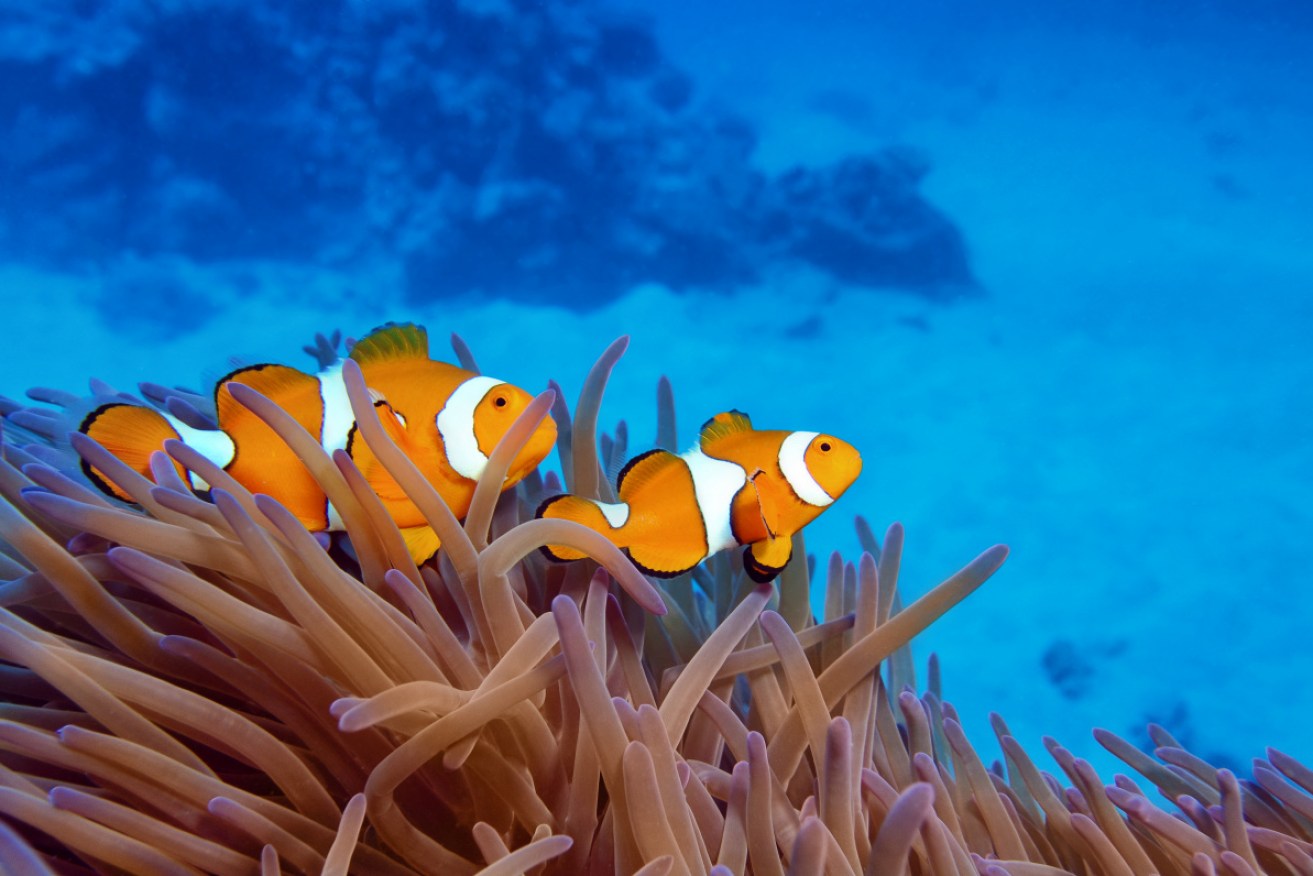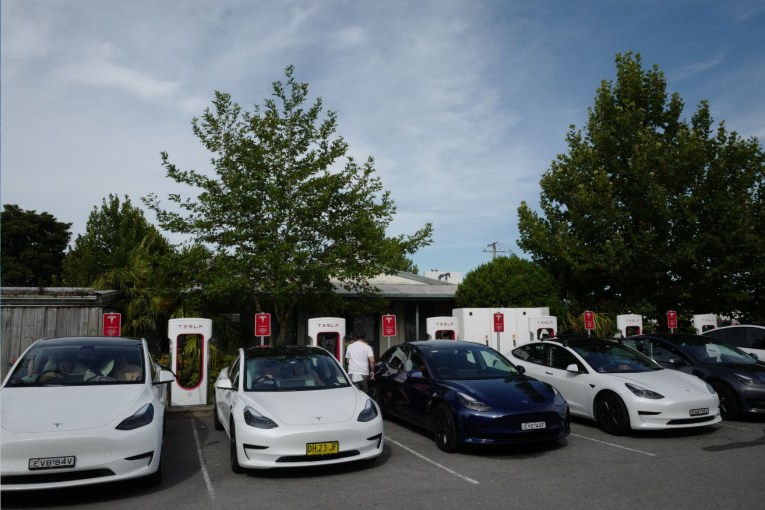Australian jobs under threat by potential Great Barrier Reef demise

The Great Barrier Reef is one of the world's natural wonders – but we must fight to protect it. Photo: Getty
Abandoning the Great Barrier Reef by failing to act on climate change could punch a massive dent in Australia’s tourism industry and result in mass job losses.
The potential economic blow is just one of the ways losing the reef would devastate Australians, economists and climate scientists say.
Their warning comes after the UNESCO World Heritage Committee moved on Tuesday to list the Great Barrier Reef as a world heritage site “in danger” in a draft recommendation.
The federal government has savaged the ruling, and even hinted the listing is actually a bullying tactic from China, but others said they should have seen it coming.
“They need to do better. They need to stop ignoring the warning signals that have been coming to them, including previous reports, and the bleaching events,” Labor’s environment spokesperson Terri Butler said.
Earlier, Environment Minister Sussan Ley blamed “politics” for the listing, which she said had “blindsided” the government and a complete reversal of recent UNESCO analysis of the reef.
“This decision was flawed. Clearly there were politics behind it. Clearly those politics have subverted a proper process and for the World Heritage Committee to not even foreshadow this listing is, I think, appalling,” Ms Ley said at a Parliament House press conference.
When asked about which “politics” were involved, Ms Ley wouldn’t detail exactly her concerns.
Federal MP Bob Katter, representing the North Queensland seat of Kennedy, was more blunt.
Mr Katter claimed UNESCO was being “controlled by the dictatorial Chinese regime”, noting the chairperson of UNESCO’s World Heritage Committee was the Chinese Vice Minister of Education.
He claimed the move was “bullying”. Deputy Nationals leader David Littleproud called the UNESCO decision “ridiculous”, but Greens senator Sarah Hanson-Young said the government only had itself to blame.
“You weren’t ‘blindsided’,” she said in a tweet to Ms Ley. “You had your eyes closed, you ignored the science and kept taking donations from the fossil-fuel industry.”
Australian jobs on the line
From tourism and fishing activities to recreation and scientific research, the Great Barrier Reef has an economic, social and icon asset value of $56 billion, according to modelling by Deloitte Access Economics.
It supports 64,000 jobs – more than Qantas, Telstra or Kmart – and it contributes roughly $6.4 billion to the Australian economy, the modelling shows.
We can’t afford to lose the reef, said leading economist and Climate Council spokeswoman Nicki Hutley.
“It’s not just about the tourism directly supported by the reef, though that is obviously really important,” she told The New Daily.
“This is also about Australia’s reputation as a manager of climate. If things aren’t managed well, then it potentially has the effect of ruining our reputation as a broader tourism destination.”
Tourists fly from all over the world to marvel at the reef, often bringing plenty of cash to splash.
Before the coronavirus pandemic, Australia’s tourism industry accounted for about 3 per cent of our GDP, Ms Hutley said.
“It’s in our own interests economically. That’s what’s so incredibly frustrating,” she said.
“What will it take for our government to listen to the science on climate the same way it did with COVID?”

An aerial view of the Great Barrier Reef at Gladstone. Photo: Getty
It’s not gone yet
Dean Miller is a director of the Great Barrier Reef Legacy, a not-for-profit organisation aimed at securing the long-term survival of the reef.
He has worked and lived by the reef for more than 20 years, and even helped filmed a documentary about it with David Attenborough.
“The Great Barrier Reef is in very good condition, and this is not the end of the story,” Dr Miller told TND.
“It’s still the best reef system on the planet, and people should definitely keep coming here.”
However, he conceded the clock was ticking.
“Yes, we’ve been doing lots of on-the-ground activities, but none of those Band-Aid solutions matter if we don’t address climate change,” he said.
“There’s no more delaying this. It’s either now or never.”
The science
Like all reefs around the world, the Great Barrier Reef faces multiple threats, including:
- Land run-off, which can wash chemicals, fertilisers, pesticides and sediment into the reef
- Crown-of-thorns starfish that attack coral polyps
- Rising sea levels that disrupt coral growth
- Ocean warming and acidification, which makes it harder for corals and other marine organisms to build their shells and skeletons.
Professor Lesley Hughes, a climate scientist and Climate Council spokeswoman, said the world’s oceans were absorbing more than 90 per cent of extra heat in their climate systems.
“We can now detect warming down to a depth of at least two kilometres,” she told TND.
And it’s causing serious damage.
Corals are very sensitive to heat, and can easily die if ocean temperatures are hotter by just a couple of degrees than usual, she said.

Bleaching in the Great Barrier Reef turns rainbow-coloured coral into a thorny, white graveyard. Photo: Getty
“In the last five years, the Great Barrier Reef has suffered three major bleaching events,” Professor Hughes said.
“When you add up the coral that’s been killed thus far, we’ve lost about 50 per cent of the hard coral in the reef.
“I hope people in the community will see through the government’s spin.
“The government is good at trying to distract, and if they fought as hard for the reef as they are fighting for their own jobs, that would be a good thing.”







